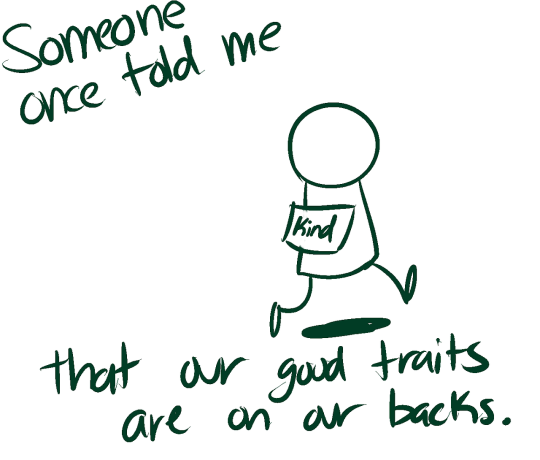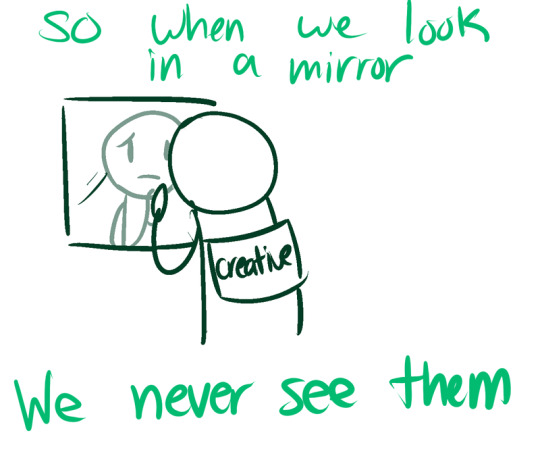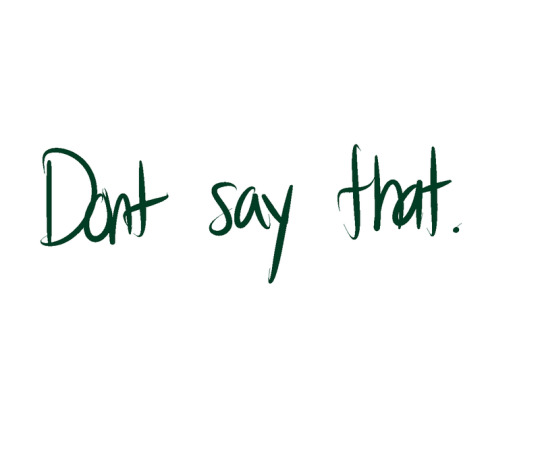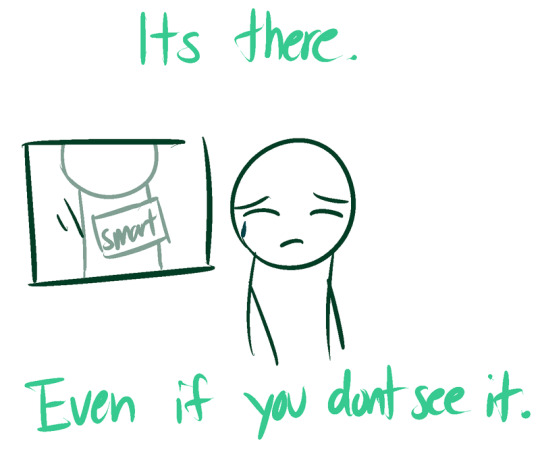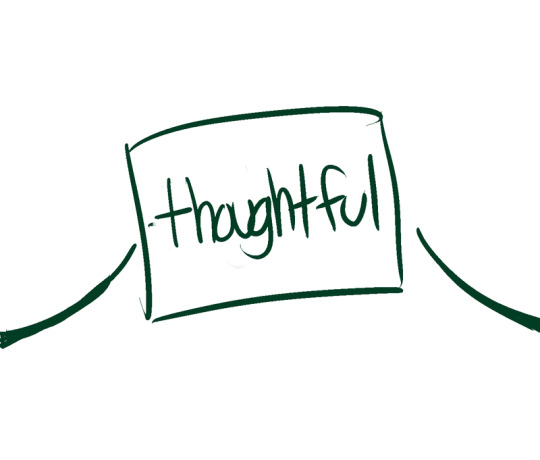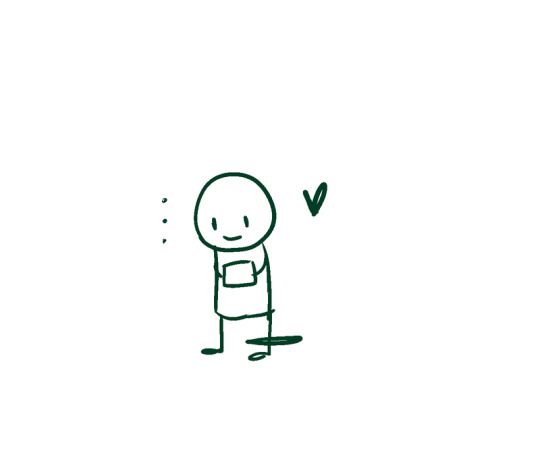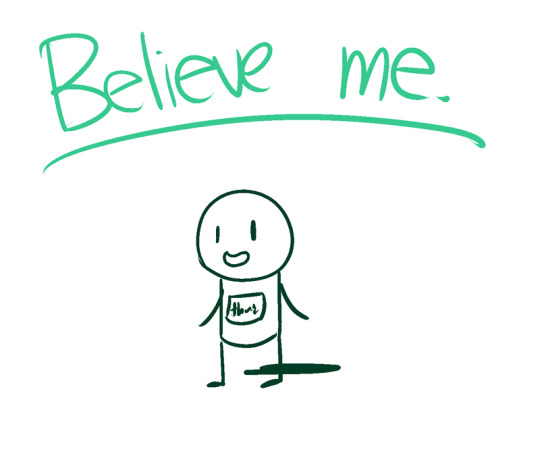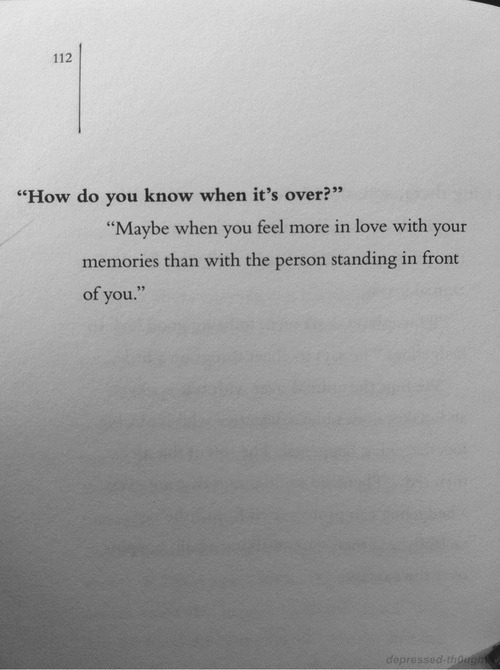smilesomeonelovesyouposts
168 posts
"Come with me & chase the stars." ⭐️
Don't wanna be here? Send us removal request.
Quote
Everyone says love hurts, but that is not true. Loneliness hurts,rejection hurts. Losing someone hurts. Envy hurts. Everyone gets these things confused with love, but in reality love is the only thing in this world that covers up all the pain and makes someone feel wonderful again. Love is the only thing in this world that does not hurt.
Liam Neeson (via itcuddles)
390K notes
·
View notes
Quote
I didn’t leave because I stopped loving you, I left because the longer I stayed the less I loved myself.
Rupi Kaur (via wordsnquotes)
28K notes
·
View notes
Quote
I hope you find someone who knows how to love you when you are sad.
Nikita Gill (via wordsnquotes)
156K notes
·
View notes
Text
I’m super sexual but like also I’m super shy which don’t mix well
310K notes
·
View notes
Text
my favorite side effect warning is for antidepressants
pros: you won’t want to kill yourself
cons: you might want to kill yourself
956K notes
·
View notes
Photo

summer lovin'
1 note
·
View note
Text
10 year old me was so pissed that Gabriella would sacrifice true love for a dumb school but 2014 me now accepts that Gabriella was smart like home girl knew she could find dick everywhere YALL SHE GOT INTO FUCKIN STANFORD. FUCKIN. STANFORD. FUK TROY BOLTON’S WHITE ASS
606K notes
·
View notes
Photo

Language is Power: On Banning Body Talk
By Alison Leigh Znamierowski–In this article published by The Debrief, a student describes her experience living with friends who struggled with eating disorders.Their dangerous patterns of vicious “competitive under-eating” became the routine dynamic at their shared home.
Despite the fact that many of the people around me at Wesleyan University struggled with body acceptance and disordered eating, I was very lucky to have a mindful, considerate and supportive community of friends. This woman’s experience stood in such stark contrast to my own and it made me wonder: What made that environment at Wesleyan possible? And how can we encourage healthy spaces and avoid “competitive under-eating?”
The first time I remember explicitly talking about language was when I was in sixth grade. We were required to take a course called “P.O.L.”—the Phenomenon of Language. We talked about the impact of language, and how it has the potential to diminish, destruct and hurt; or to create, support and heal. Language has power, we learned. It has the ability to frame the way we and the people around us construct and experience our world.
Fast forward eight years: In my sophomore year of college I transferred to Wesleyan University, and I was immediately struck by the student dialogue. In contrast to my previous experiences, the students rigorously held other students to high standards of linguistic sensitivity and awareness—in ways both overt and subtle, student monitored each other’s use of language—particularly in the moments that revealed a problematic underlying belief system.
For example, when one conservative male student said to another male student that the liberal viewpoint on abortion was that “we should let women do what they want with their bodies,” the women in the room were quick to point out that he was implying that men, as a group, have the right to tell women what they can and cannot do with their bodies. This was clearly an important element of his logic that slipped out through his word choice—it also allowed for a productive conversation and learning moment about sexism and women’s autonomy.
A part of me used to question if the high level of linguistic policing at Wesleyan limited students’ ability to speak openly and honestly. However, I realized that it did not actually limit conversation, but it forced us to unlearn harmful, habituated (and therefore, relatively thoughtless) ways of thinking and to relearn how to speak and act in ways that were mindful and sensitive—in ways that made everyone in the space feel safe and comfortable.
A couple of years into college, I heard the term body talk for the first time. Body talk is any judgment that is directed at the body (your own or anyone else’s).
Body talk includes:
Obvious insults & policing observations:
“I look so gross right now.”
“Her outfit is so ugly.”
“She’s so fat. She should lose weight.”
Insidious insults (often in the form of questioning):
“Didn’t you just eat?” (read: stop eating.)
“Aren’t you going to shower?” (read: you look/smell gross.)
“Wow, aren’t you cold?” (read: you’re not wearing enough clothing.)
Anxious, guilty food justifications & talk:
“I went on a run today, so I can have seconds.”
“I’m going to be good and not have dessert.”
“Ugh, I shouldn’t have eaten that!”
Even compliments:
“I like your dress!”
“Your hair looks so good today.”
“You look so fit!”
I had never realized how these types of comments affected my everyday life until my friends at school decided to ban body talk. I was forced to catch and block the normally thoughtless comments I would make, like ‘I ate too much!’ or ‘I could never pull off that outfit.’ Instead of saying those comments out loud, I would have to think critically about why I wanted to say them in the first place. Each time, I reached the conclusion that these comments were coming from a place of anxious justifications for eating, food-guilt, judgment, jealousy and/or self-deprecation.
In many ways, language constructs how we experience our realities. When you sit down to a meal with another person and you say something like ‘I can eat this because I didn’t eat lunch!’ a mutual reality is constructed in which you are only allowed to eat food if you have a justification for it—and that is a powerful concept, especially for people who struggle with disordered eating or thoughts.
Similarly, when you are in a space where people are overwhelmingly focused on others’ appearances—insults or compliments—a mutual reality is constructed in which everyone is constantly assessed and judged based on appearance.
At first, I wondered why compliments were considered to be body talk. Then, I began to realize all of the nuances of my internal response to compliments. The pang of anxiety, the subtle streaming thoughts: ‘I should wear this outfit more often. I wonder what they like about this outfit? Are my other outfits not as cute as this one?’ Even compliments are value judgments. They subtly imply that there is a right/good and a wrong/bad way for bodies, hair, clothing, etc. to look.
For me, this concept was especially destructive when I was in the depths of my disordered eating, and people would tell me that I looked “great!,” “fit,” “so healthy.” These compliments conversely made me believe that I did not look good when I was at my normal weight—that there was only one way that my body looked good, and it was at X pounds.
The ban on body talk did not limit my ability to communicate—I never felt like I couldn’t express myself. It just forced me to critically engage with the ways in which I was framing my own experience with food, exercise and appearances, and to be more mindful of those commentaries. By working to understand the true origins of these thoughts, I was able to de-charge and neutralize them. I found that the heavy language of jealousy, insecurity and anxiety was overwhelmingly replaced with the light language of empathy, kindness and support—for myself, and for the people around me.
And it felt amazing.
103 notes
·
View notes
Photo

srsly tho this is absolutely a thing that dudes do all the f***ing time
like where if he knows a girl doesn’t necessarily want to give him a hug, he will trap her in this position in front of witnesses where she has 2 options- both of which are undesirable for her, while simultaneously desirable for him
if she doesn’t want to hug him, whatever she does, it will suck for her.
she can 1. say nah and be the fucking asshole in front of other ppl or 2. forsake her corporeal boundaries and allow unwanted intimate contact
it’s a f***ing trap
813K notes
·
View notes
Quote
It was words that I fell for. In the end, it was words that broke my heart.
Lang Leav, Memories (via quoted-books)
5K notes
·
View notes
Photo

"She hummed once more that faithful tune. Oh, her infatuation with the moon." - Lila Edwards
0 notes
Photo

"As blissful as the sunset, as sharp as the wind."
0 notes
Photo

How Saturday mornings should be spent ☁️
0 notes
